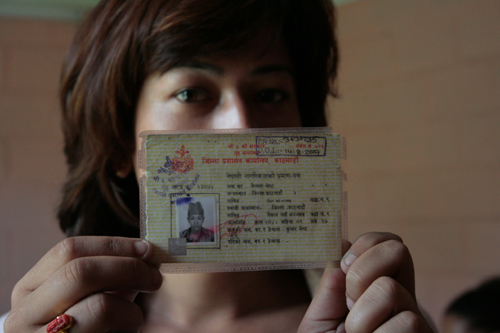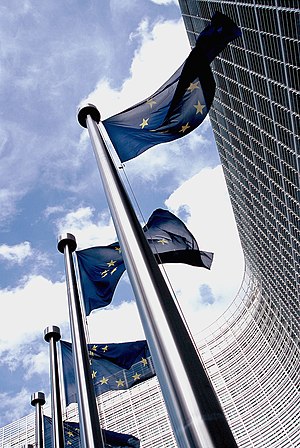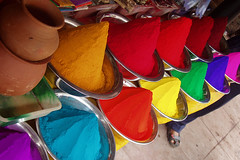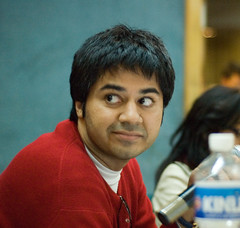| Image by Getty Images via @daylife |
I'll be rounding up the year in a series of posts - in which no doubt I've missed something, so please let me know what I've missed in the comments!
The growth of international projects
The May 17 International Day Against Homophobia and Transphobia (IDAHO), initiated by the black gay French leader Louis-Georges Tin, exploded this year with events from Lebanon to Fiji - in all over 70 countries took part.
One highlight amongst many: the presence, the voice of Burmese LGBT at events in Thailand. The spread of participation also highlighted the gaps - such as most of the Middle East and North Africa and elsewhere in Africa - as well as the almost total absence of IDAHO events in the United States.
The 'It Gets Better' project tackling bullying of LGBT teens and suicide drew large (although almost completely partisan) participation in the US but extended beyond to Finland, Canada, the UK, the EU, Malaysia, South Africa and Sweden. Diaspora Middle Eastern gays produced videos. In other countries, like the Netherlands and the UK, their own anti-bullying projects were launched with state backing.
In Africa we've seen the growth of networks (and networking) such as via the now 831-member strong International Lesbian and Gay Association (ILGA) African branch, headquartered in South Africa, as well as of other pan-African networks like Amsher, which focuses on HIV/AIDS projects for both gay men as well as men-who-have-sex-with-men (MSM). There was also new LGBT media in Africa: The news website Behind The Mask, again out of South Africa, grew with many new correspondents covering much of the continent. There are two new LGBTI magazines in Kenya, one online and another in print. In September Q-zine launched as "the pan-African voice for LGBTI and queer youth".
'Pride' and the rainbow flag became increasingly visible in India with marches seen both in new cities and more and bigger events in the biggest cities. 2011 saw increasing depictions and discussions of homosexuality in the Indian news media and by Bollywood.
The impact of international funding and organised training in Africa and elsewhere showed in more professional organising and in improved relationships with both civil society and with local media. A particular highlight is Kenya which now has scores of groups including ones in remote areas. International HIV/Aids funding began to recognise a requirement to fund gay/MSM local projects and to oppose the criminalisation of homosexuality because of its impact on HIV/Aids prevention, however 2012 will likely see a setback with the announcement of a funding crisis at the biggest funder, the Global Fund.
Organised religious support for LGBT rights in Africa also grew, particularly marked by the work of the group Other Sheep, and the international activism of Anglican Bishop Christopher Senyonjo, from Uganda.
The international LGBT-specific 'clictivism' project allout.org grew to over a million members, highlighting the core role of the Web and social media in LGBT activism everywhere, but also the flip-side of activism's susceptibility to monitoring and crackdown - as has been tried in Turkey.
Earlier this month the United States announced that it was embedding international LGBT human rights engagement throughout government, including creating a new fund for grass-roots projects and directing that anti-discrimination be encouraged from USAID contractors. This announcement builds on earlier efforts, mainly of some European governments like the Dutch, who announced this year the creation of a huge fund for MSM/gay HIV/Aids projects that will help isolated communities, mainly in Africa.
In a development which will have long term implications, the Inter-American Commission on Human Rights (IACHR), which covers Latin America and the Caribbean, set up an LGBT rights unit.




























 Join our page
Join our page

